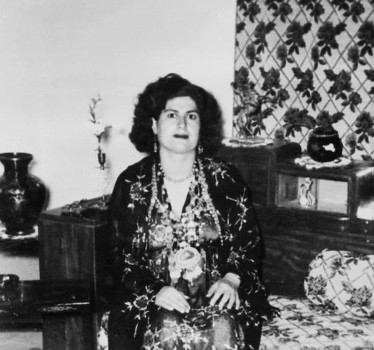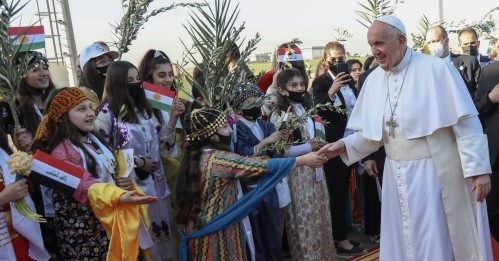Germany’s transition to a new government has not altered its commitment to the Kurdistan Region of Iraq, says Albrecht von Wittke, Germany’s Consul General in Erbil. Von Wittke told Kurdistan Chronicle that although nuances in tone may shift under the new administration, Germany’s strategic orientation toward the Kurdistan Region remains unchanged.
“Rest assured, our core foreign policy values – democracy, rule of law, and freedom – will remain consistent,” he said. “Our long-term commitment to stability and human rights will continue to guide our actions.”
This reassurance comes at a pivotal moment in regional security and diplomatic relations. Last October, Germany extended the mandate for its participation in Operation Inherent Resolve – the US-led, multinational military operation against ISIS – until January 2026, with continued troop presence at Erbil Air Base.
“The decision received broad parliamentary support, including from the two parties now forming the new government. This underscores the enduring importance of the Kurdistan Region in Germany’s foreign policy,” von Wittke noted.
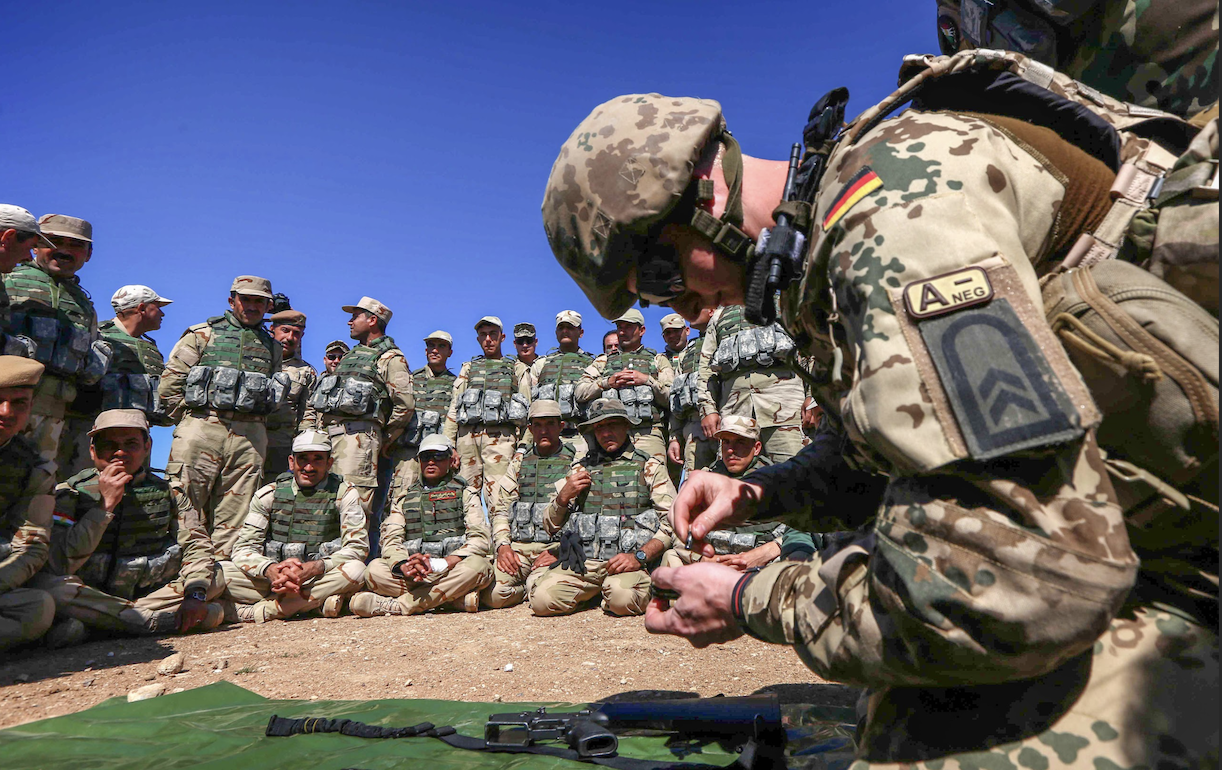
Long-term commitment
Beyond military collaboration, Berlin’s partnership with the Kurdistan Region spans economic development, cultural exchange, and education – thanks in large part to the vibrant Kurdish diaspora in Germany. “Our job is to create the right conditions for that cooperation to flourish,” von Wittke explained.
A critical area of focus remains the unification of the peshmerga forces. Germany remains a strong supporter of the reform process, viewing it as essential for regional stability. “A unified peshmerga force is crucial. The German Armed Forces here in Erbil provide advisory and logistical support to help professionalize and increase the long-term operational effectiveness of the peshmerga,” he said. “We realize this will take time, and we’re in it for the long haul.”
Germany is also deeply involved in supporting Yezidi survivors of ISIS atrocities. The Consul General highlighted both trauma recovery and accountability efforts as key components of Germany’s long-term commitment. “Reintegration is not just about rebuilding infrastructure; it’s about healing,” he said. “We’re expanding therapy options, training experts, and supporting efforts to bring perpetrators to justice.”
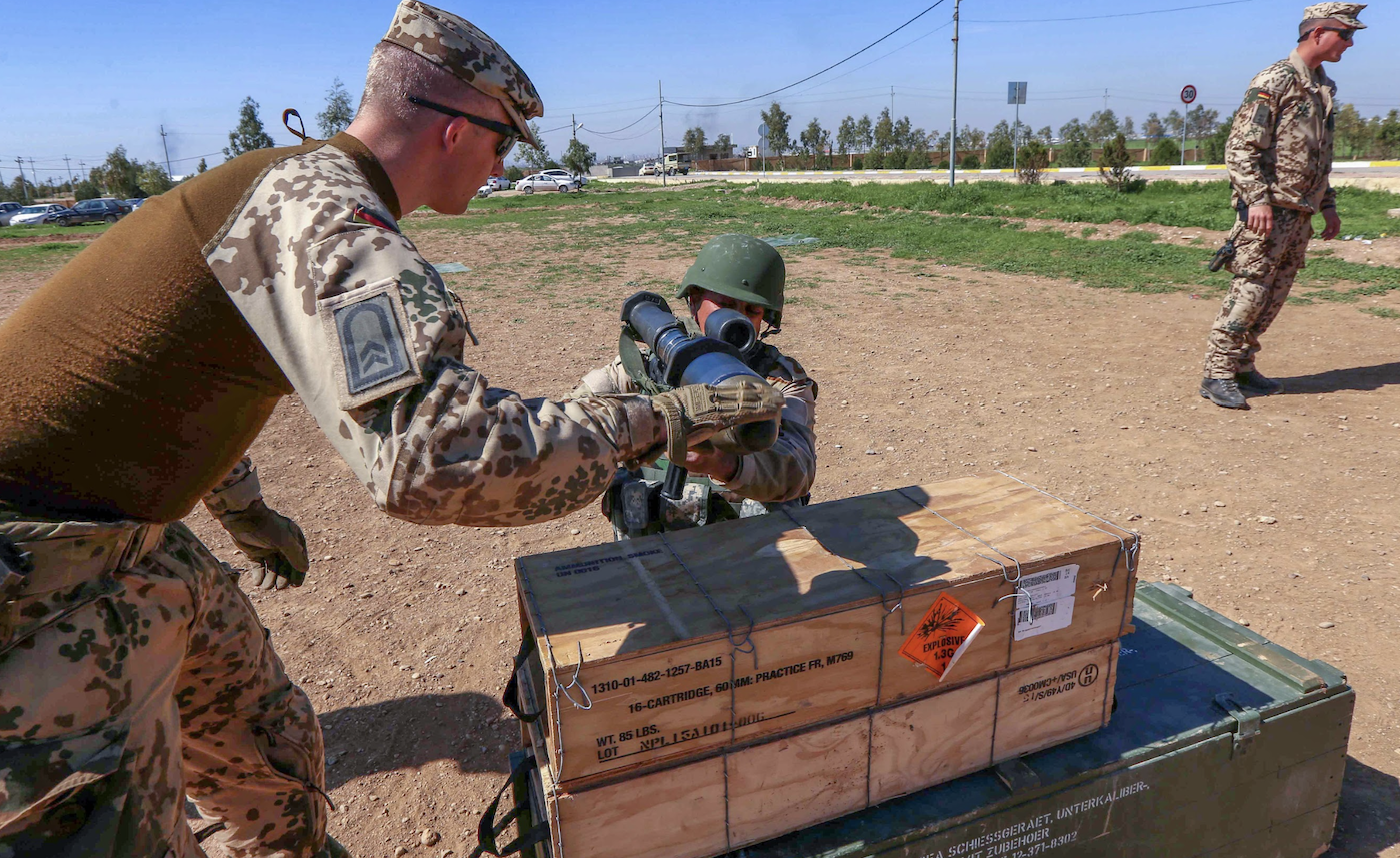
Implementing the Sinjar Agreement
Von Wittke emphasized the importance of enabling safe returns to Sinjar, calling on Baghdad and Erbil to redouble efforts to implement the Sinjar Agreement. “We continue to see major challenges with security and governance structures. The future of the Yezidi community in Sinjar depends on real progress,” he stated.
Sinjar, a district in northern Iraq, is historically recognized as the ancestral homeland of the Yezidi religious minority. In 2014, the region was the site of a brutal genocide by ISIS, leading to the mass murder, enslavement, and displacement of its people.
To address the ongoing instability that prevents survivors from returning, the Iraqi federal government in Baghdad and the Kurdistan Regional Government in Erbil signed the Sinjar Agreement in 2020. This UN-backed deal aims to unify security and administration in the area, requiring the withdrawal of various armed militias and the establishment of a local police force.
However, implementation of the agreement has largely stalled due to political rivalries and the refusal of armed groups to leave, which remains a major obstacle to the safe return of the Yezidi community.
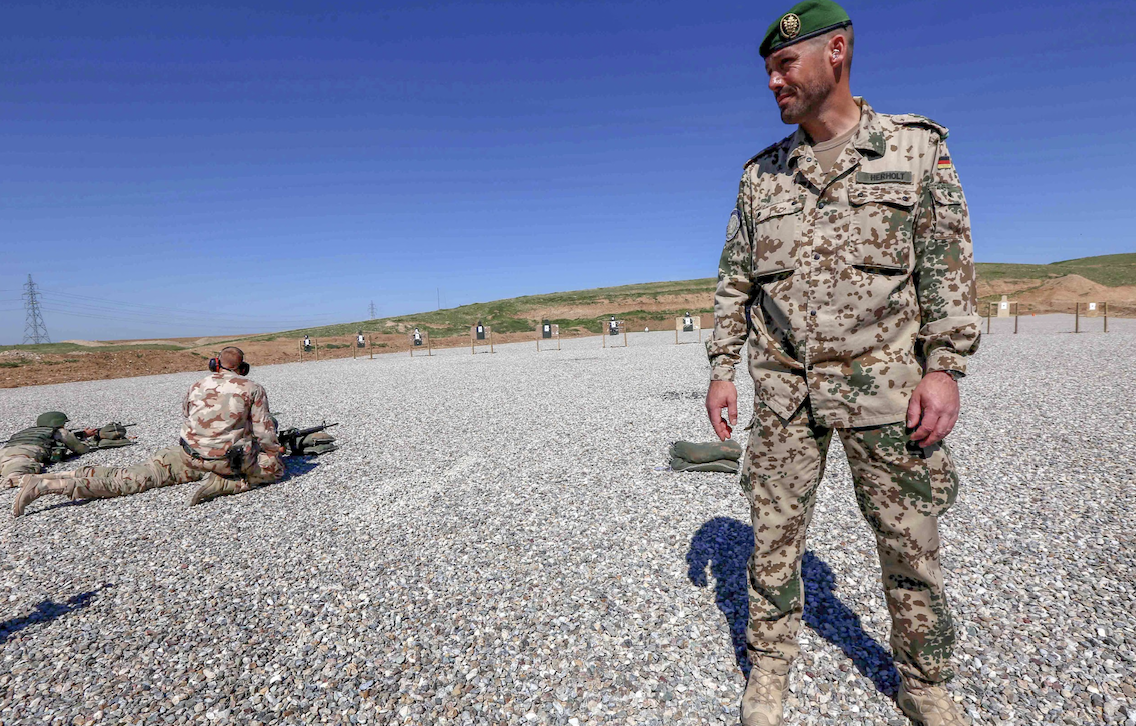
Looking to the future
On the economic front, Germany sees promising opportunities for collaboration in renewables, agriculture, and digital infrastructure. “The Kurdistan Region of Iraq is looking for a transformation away from fossil fuel dependency and public sector employment,” von Wittke said. “We want to support a fair transition toward a carbon-free economy, which includes training skilled workers, enhancing energy independence, and expanding cooperation in digitization.”
Still, the investment climate presents significant challenges. German small and medium-sized businesses – the backbone of the country’s economy – remain cautious due to issues around legal certainty and the banking system. “Security has improved, but investors need a safe, transparent financial system and a clear, consistent legal framework,” von Wittke explained. “These are essential steps to boost confidence.”
Reflecting on his time in Kurdistan so far, von Wittke shared his personal impressions. “I was positively surprised by the region’s natural beauty, its mountains, water, and greenery,” he said. “There’s enormous touristic potential here. Unfortunately, ongoing security challenges prevent the region from fully capitalizing on it.”
While he has visited cities like Duhok, Sulaymaniyah, and Akre, von Wittke admitted that travel was limited due to ongoing conflicts and instability in certain areas. “We can’t recommend tourism broadly yet because the security situation remains volatile. But Erbil is stable, and that’s a good foundation.”
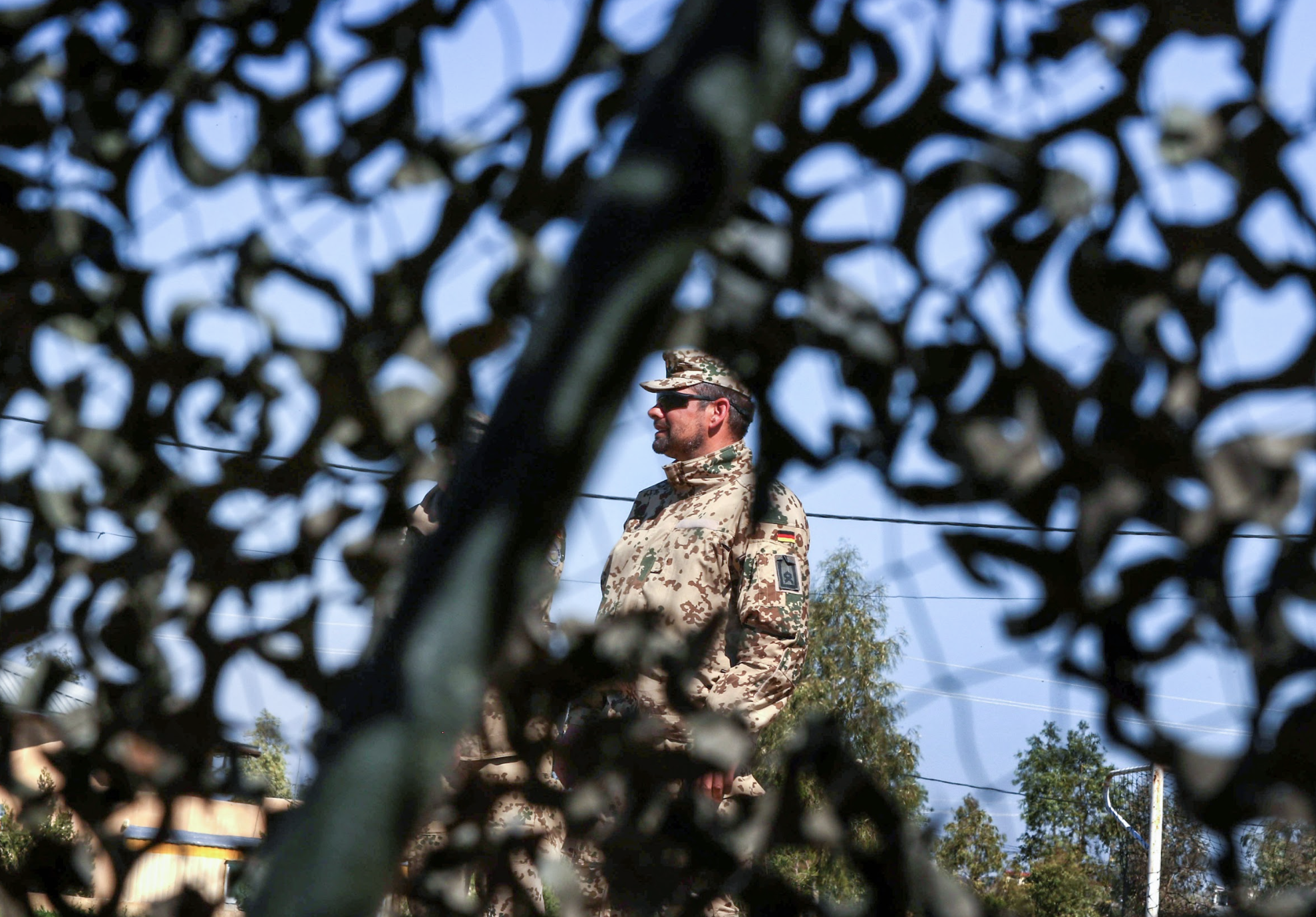
One of his most memorable experiences was a visit to Lalish, the sacred site of the Yezidis. “There is a high level of awareness in Germany about the genocide they endured. Being there deepened my understanding and empathy. It was moving,” he said.
For now, von Wittke says his mission is clear: to build on the deep-rooted relationship between Germany and the Kurdistan Region. “The connections between our people are strong. It’s our duty to make sure that trust continues to grow.”
Qassim Khidhir has 15 years of experience in journalism and media development in Iraq. He has contributed to both local and international media outlets.
